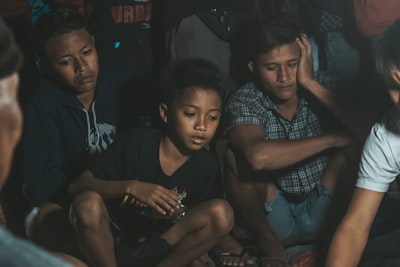The astonishing claim by a Thai teenager—forced to leap from a window in Cambodia just to avoid a life of near-enslavement—shines a harsh spotlight on a fast-expanding, rarely-discussed crisis: scam farms run by criminal syndicates exploiting thousands across Southeast Asia.
Modern-Day Slavery in the Digital Age
These scam operations, usually masked as call centers, are sophisticated criminal enterprises that systematically lure or abduct young people from Thailand, Vietnam, and elsewhere. Victims are coerced into online fraud, romance scams, and crypto schemes under constant threat of violence. Physical abuse, deprivation, surveillance, and withheld passports are all standard tactics. This brutal model has fueled not just financial crime but also a cross-border humanitarian disaster.
Key Dilemmas and Societal Fallout
- Law Enforcement Paralysis: Cambodian authorities, for years accused of turning a blind eye or even profiting from these networks, struggle to confront them, hampered by both corruption and limited resources.
- Transnational Crime: The operations exploit legal loopholes and weak border controls, making rescue and prosecution complex.
- Public Perception: Victims are often stigmatized as willing participants rather than trafficked laborers, complicating their reintegration and recovery.
| Pros (For Syndicates) | Cons (For Victims & Society) |
|---|---|
| High profitability | Human rights abuses |
| Low risk of prosecution | Erosion of public trust in authorities |
| Exploitation of migrants | Psychological trauma |
Why This Matters Now
Unlike classic trafficking, scam farms rely on digital skillsets, making even educated youth vulnerable. The intersection of poverty, digital connectivity, and criminal ingenuity is spawning a new, tech-driven slave economy.
What Needs to Change?
- Regional cooperation is not just advisable—it’s essential. Targeting money flows, shutting down digital infrastructure, and resettling survivors will require regional investment and coordination.
- Victim-Centered Approaches: Governments must stop treating survivors as criminals. Rehabilitation, not prosecution, must be the default.
- Consumer Awareness: Many scam victims are also unwitting overseas victims of these farms’ fake investment pitches, underscoring how globalized both harm and responsibility have become.
A Wake-Up Call
This story should jolt governments, tech platforms, and citizens into urgent action—ending a status quo that enables organized crime to prey daily on the most vulnerable. Escaping through a window is a last resort. It shouldn’t be an option anyone faces in 2024.
This article was inspired by the headline: 'Thai teen says he threw himself out of a window to escape Cambodia's brutal scam farms'.

Comments
No comments yet. Be the first to comment!